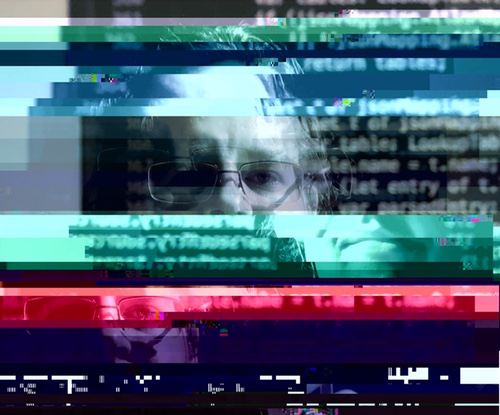We lose stuff all the time, our keys, loose change forever embedded into secret areas of the couch, occasionally, our wallet. Some stuff matters a little, most doesn’t matter at all. What we do not lose so often, for better or for worse, are the things that matter.
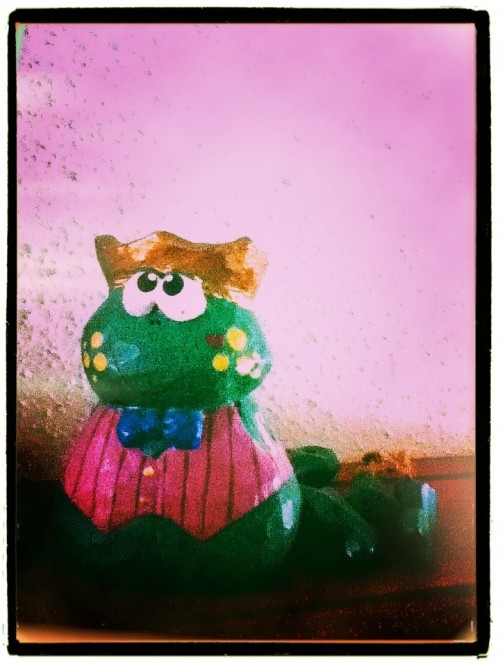
It may seem good fortune to live a pristine life of luck, free from true loss, but in a sense, a life without house fires, theft, or death, is a heavier tragedy than a life with those experiences. A life without loss, is a life unlived – a life of innocence and ignorance, a blissful experience missing the bigger picture of truth: the simultaneously tragedy and beauty of the human experience and mortality.
Everyone experiences loss and reacts differently, some people hoard or collect, some detach from others, some become health nuts, some install 85 fire alarms, some click backup buttons.

When you have the sickness, it presents in a million weird little ways. Some, extreme.
A well-adjusted soul would backup their data fairly often, after losing the wedding photos forever. Someone with a touch of OCD (myself) would have a big red button to backup at any time – and click that button all the time.

“If those files are duplicated now, I will feel better, and sleep easier.” – this is how it starts. The big red button is clicked, and for a few moments you hold your breath, wondering if today will be the day the hard drive failure happens between ‘save’ and ‘copy’. Inside yourself, a small insane voice somewhere between the concious and subconcious screams “Click the button now, because I’d rather know I’ve lost something, than wait in fear of the inevitable.”
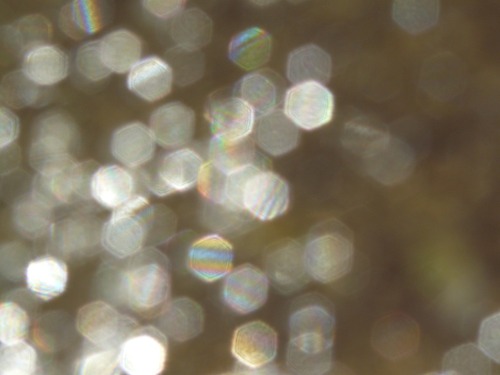
After experiencing loss, every successful moment without further loss feels, in some small way, like a high point of your life – especially when you can get just a little more mileage out of your delusion of control over your life and existence.
The thing about loss, the sickness, is that it ebbs and flows, like the ocean. Some days you’re hitting that big red button frantically, like a maniac, and some days it’s just not on your mind.
Like all things, when it hits, it hits hard.
You lay with your spouse in bed one morning, one of those rare days you wake before her, and because you’ve experienced loss before, you both appreciate and loathe the moment, because you know that this moment, too, will pass.
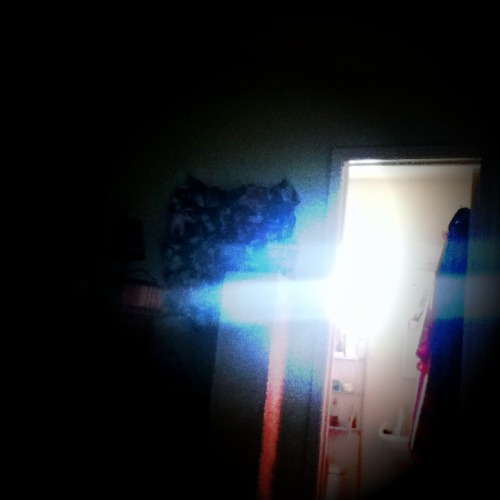
Not until you’ve truly experienced loss, and wasted far too many brain cycles on the topic, does this become clear: Nothing is forever.
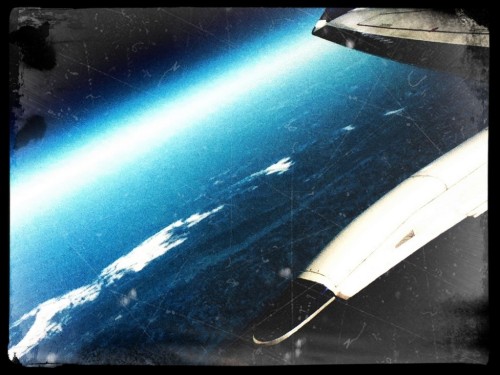
Time moves forward, endlessly, and, after loss, after gaining the sickness, mortality becomes more than a word – your inner immortal superhero delusion gives way to a truer, bleaker world view – you realize that you are, truly, finite. As is your dog, your job, your friends, your family, your spouse, your children, your story, their story, our story, the human race, the earth – down and down you go, there is no bottom – all is finite, except, of course: star wars.

You will spiral down, down, down. You’ll checkmark your stages-of-grief list, with an optimistic hope that these stages being experienced are a sign of progress and this will be over.

And at some point, 10 leagues beyond what you thought was the bottom of the spiral, it feels over, and grey gives way to color and you’re alive again. At that point, the point where you’ve redefined what pitch black truly is, for the tenth time, you’ll come back up and out. You will find structure, and your life will move on.
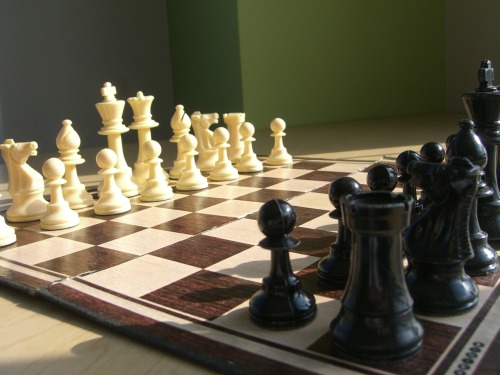
For some, like an alcoholic unable to take the reigns, religion, the idea of heaven, will provide the scaffolding, the ruleset for structure in life moving forward. God bless you, if it’s that easy for you.
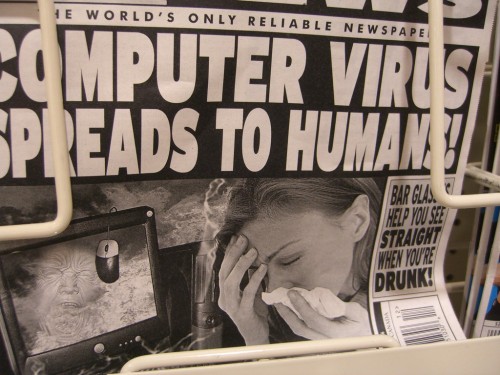
For others, unable to put a levee up to block curiousity, imagination, empathy, and thought, structure comes with greater effort and cost.

Regardless of your faith or lack thereof, your structure in life after your moment of loss may always feel like a house of cards. Where before there stood a rose-coloured castle of ignorant bliss that was impervious to common sense, now you’re rebuilding castles made of sand, all the while watching the tide rise.

You will still have those days, those moments, awake before your love, alone with birds chirping some morning – where it all comes back with lightning speed. For those moments, like all moments, we make a choice of interpretation, a choice of perception. “Should I dwell on the tragedy of existence, or use this as a catalyst, a reminder to maximize my personal experience – to let that which does not matter, slide?”
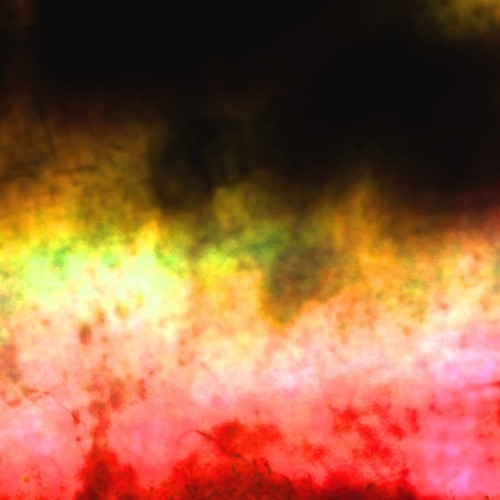
The other side of loss, and the spiraling plunge that follows, besides these little OCD quirks about the fire alarms or backup buttons, may be a hard-to-swallow realization. You may come to understand why utopia and heaven cannot exist without a dark secret or hell. There is beauty in tragedy, failure, and loss – a terrible, horrible, necessary beauty. Without your personal hell, without your tragic loss, your moments of bliss just wouldn’t mean as much.
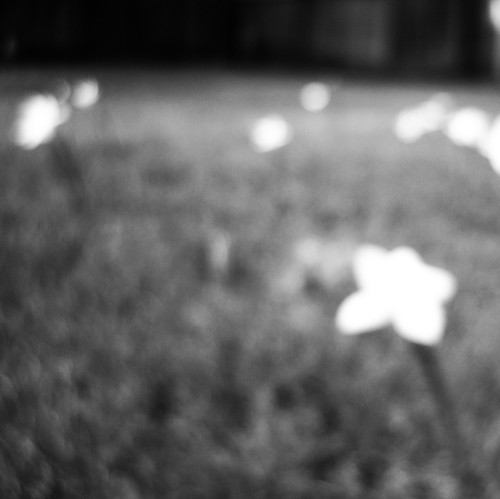
After loss, a new, better, you will rise like a phoenix from ashes, with a fuller, truer, understanding of what is and always will be. Without your personal tragedy, turning that corner from immortal superhero delusion would not happen. Indeed, your loss would never become the catalyst for your next beautiful chapter – those magical moments that will be just a little brighter and more vivid than those that came before.
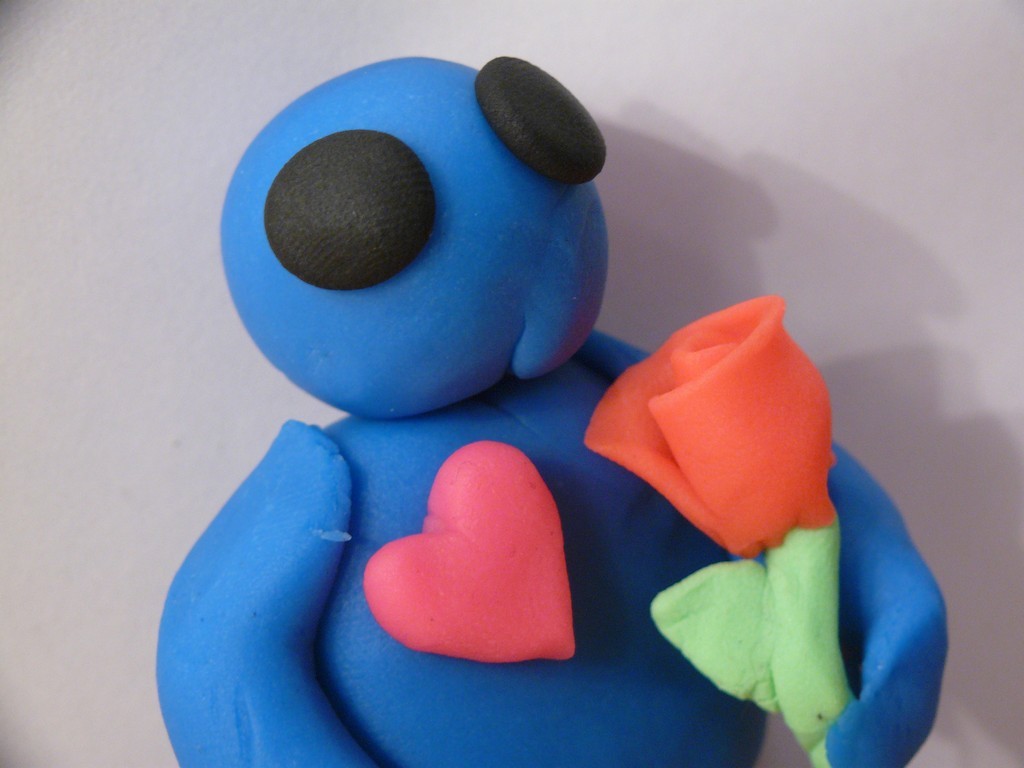
Without this terrible moment of your past, a million amazing and fantastic moments to come would be missed. Without your loss, you would not today be able to see and experience your personal story as clearly, deeply, and vividly – you’d still have those silly rose-coloured glasses, and be missing the whole point.
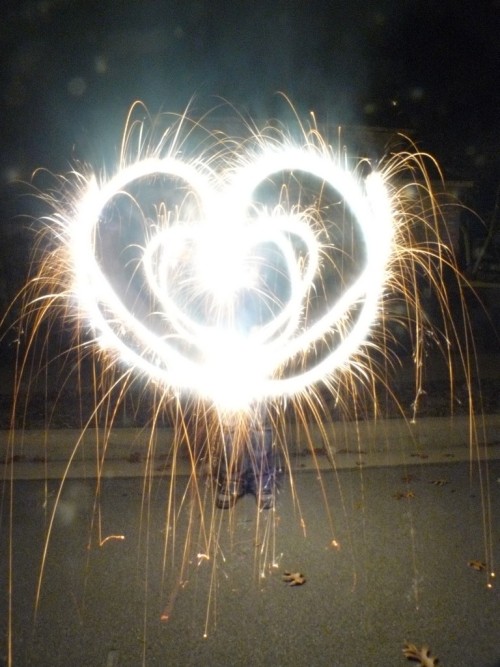
All photos are my own. I highly recommend the following works, to anyone who has experienced or hopes to understand the beauty and the tragedy of loss and the human experience: The Watchmen, The Tree Of Life, Safety Not Guaranteed, Lateralus, Mer De Noms, and the song Big Machine.

